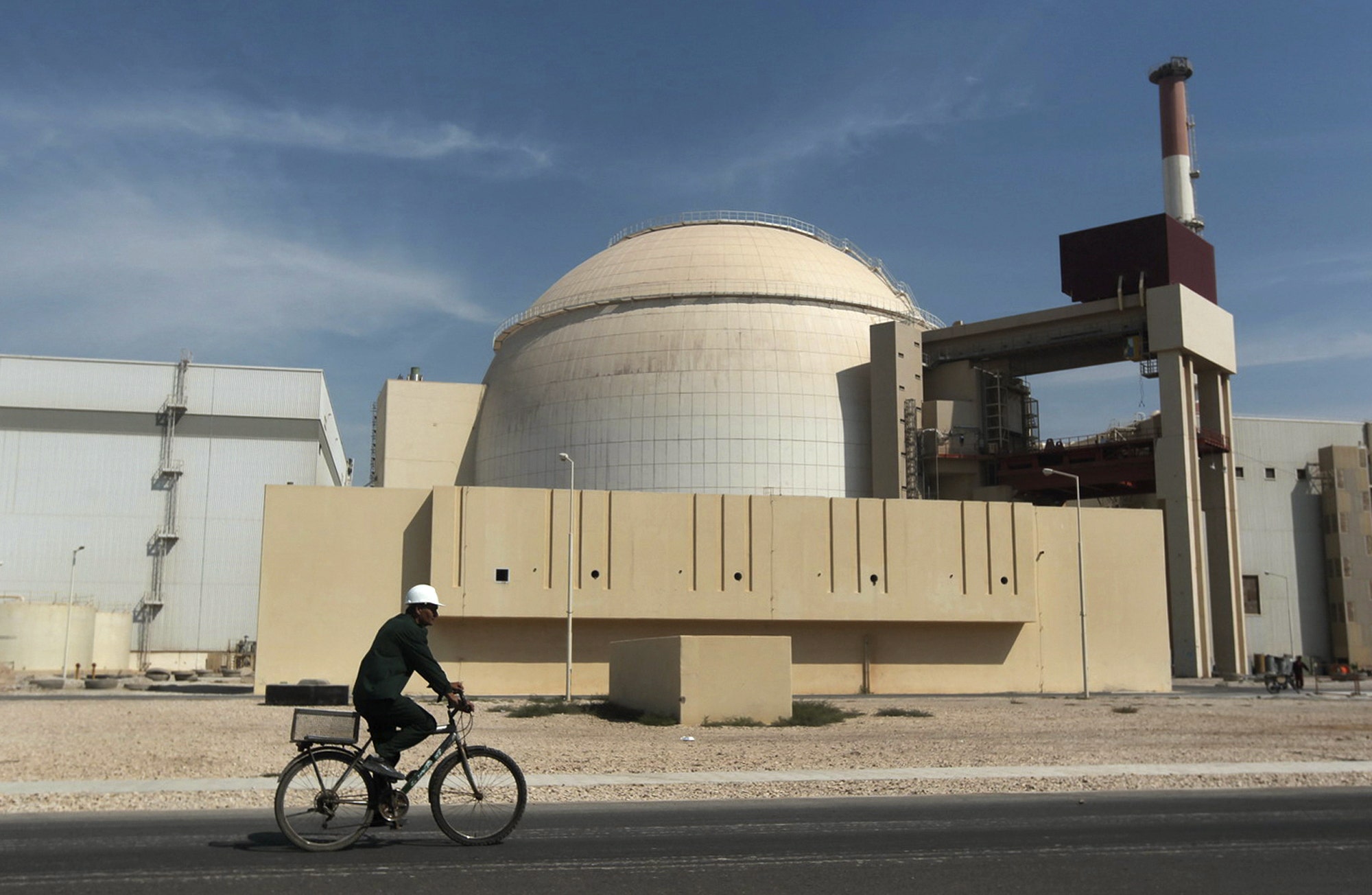The critical Iran nuclear question Trump’s demand has yet to answer

Negotiations between European and Iranian diplomats in Geneva, Switzerland ended on Friday with no clear breakthrough, but there is hope for further discussions in the future. The talks followed a message from President Trump delivered by White House press secretary Karoline Leavitt, hinting at potential negotiations with Iran in the near future.
However, amidst the focus on Iran’s nuclear program, one critical issue is being overlooked. Michael Rubin, a former Pentagon official, highlighted the importance of addressing the transfer of nuclear material out of Iran if the country agrees to abandon its nuclear ambitions. He emphasized the need for proactive planning and suggested that India could be a trusted ally to handle the custody of the nuclear material.
Rubin’s concerns point to the complexities involved in dismantling Iran’s nuclear infrastructure and ensuring the safe removal of sensitive materials. The International Atomic Energy Agency and other international bodies may play a role in this process, but the responsibility ultimately falls on countries like the United States and its allies to secure and transport the nuclear material out of Iran.
In light of these challenges, diplomatic efforts are crucial in coordinating a unified approach towards Iran’s nuclear program. The recent discussions between Senator Marco Rubio and European counterparts regarding the Israel-Iran conflict underscore the importance of international cooperation in maintaining peace and preventing Iran from acquiring nuclear weapons.
As the negotiations continue and potential decisions loom, it is essential to consider the broader implications of Iran’s nuclear activities and the necessary steps to address them effectively. By engaging in strategic planning and leveraging diplomatic relationships, the international community can work towards a peaceful resolution to the ongoing tensions surrounding Iran’s nuclear program.




